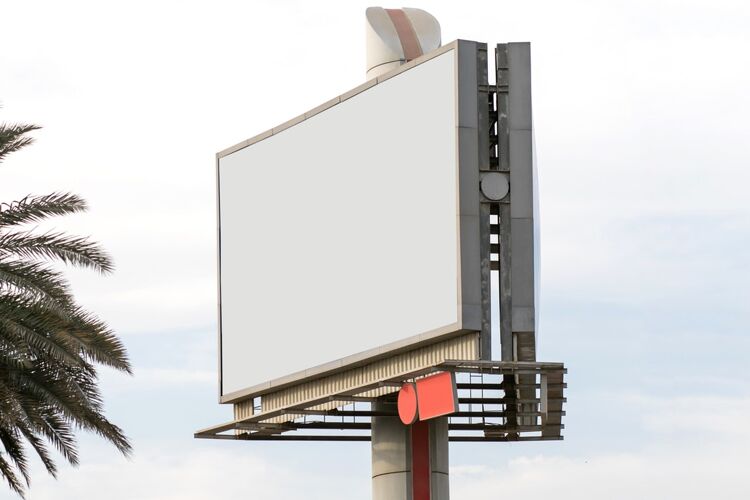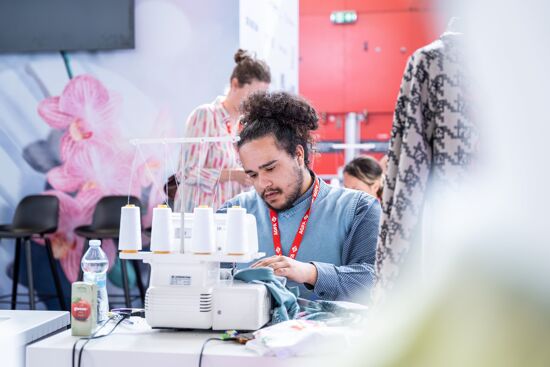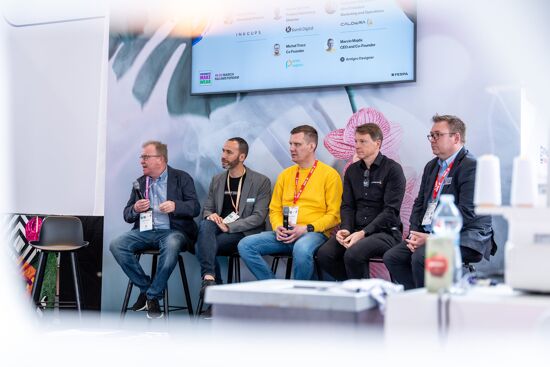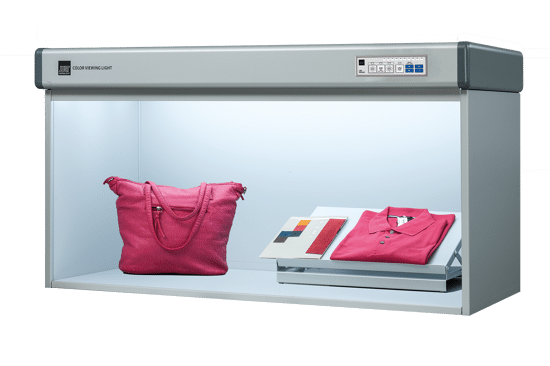Substrate recycling innovations from print provider

Laurel Brunner discusses how Australia's market leader for large format digital print, Cactus Imaging has developed a recyclable billboard material that can replace PVC.
We tend to expect the makers of substrates to be the ones who come up with affordable and recyclable materials, but Australia’s Cactus Imaging is putting those manufacturers to shame. Cactus Imaging is Australia’s market leader for large format digital print, with extensive international and domestic client bases. It has worked with a major customer to develop a recyclable billboard material that can replace PVC which is more commonly used in Australia.
In most markets billboards are printed on paper based substrates, however these tend not to do well under Australia’s harsh climactic conditions, so PVC tends to be the preferred material. But PVC is hard to recycle in mixed plastic recycling processes because of the amount of chlorine and other additives it contains. Its components must be separated out before they can be recycled which is expensive. And PVC can last up to fifty years in landfill, so it’s often incinerated.
Cactus Media’s research and development team, Australian Ethical and Benedict Media, Australian Ethical’s media agency, together came up with SmartSkin. SmartSkin is basically high-density polyethylene formulated to meet the needs of a billboard material. It was initially developed for a specific campaign for Australian Ethical, the country’s leading ethical wealth manager which has thousands of clients across Australia. Australian Ethical looks for sustainable investments, shunning companies that harm the environment, so it wanted a more environmentally friendly option for out of home advertising. Once an advertising campaign finishes, SmartSkin can be recycled into furniture, fence posts, decking and all manner of recycled polymer products created from industrial moulding.
The cooperation is part of a larger shift amongst Australian advertisers to find more sustainable and cost-effective printed communications options. The Cactus Imaging material works in Australia’s climate and so it’s more sustainable than PVC, as well as delivering the right mix of quality and cost. In addition to the SmartSkin substrate, the ropes used to mount the billboard can also be recycled. There is a cost premium, but not much of a one, so Cactus Imaging will be offering the material to its other clients. Given the massive volumes of output this company is responsible for – one Cactus Imaging customer has some 26,000 sites – SmartSkin could make a massive difference to the sustainability of plastics and their recycling in Australia and beyond.
Source: This article was produced by the Verdigris project, an industry initiative intended to raise awareness of print’s positive environmental impact. This commentary helps printing companies keep up to date with environmental standards, and how environmentally friendly business management can help improve their bottom lines. Verdigris is supported by the following companies: Agfa Graphics, Spindrift.click, EFI, FESPA, HP, Kodak, Kornit Digital, Ricoh, Splash PR, Unity Publishing and Xeikon.
Topics
Interested in joining our community?
Enquire today about joining your local FESPA Association or FESPA Direct
Recent news

Smart factories and customisation technology explored at Personalise Make Wear 2024
FESPA's Textile Ambassador, Debbie McKeegan speaks to industry specialists at Personalise Make Wear at Personalisation Experience and Sportswear Pro 2024 held in Amsterdam. Each day of the exhibitions Debbie hosted a fire-side chat with these specialists to discuss various industry topics. During this Fire-side chat with Antigro, Caldera, Print Logistics, Inkcups and Kornit Digital they discuss the role of digital technologies in personalisation, reshaping the supply chain, the future of manufacturing and more.

The pros and cons of Digital Signage and Printed Signage
Sonja Angerer discusses the pros and cons of both digital signage and printed signage. Current developments such as artificial intelligence and spatial computing are changing the situation once again. How will this shift affect printers?

How to create an efficient smart factory
Debbie McKeegan speaks to industry specialists at Personalise Make Wear in Amsterdam about smart factories and customisation technology. Debbie speaks to Antigro, Caldera, Print Logistic, Inkcups and Kornit Digitial.

Standard lighting conditions for wide format printers and their many markets
Paul Sherfield shares the various standard conditions that are required for wide format printers as colours can appear differently dependent on the differing types of lighting and environments.